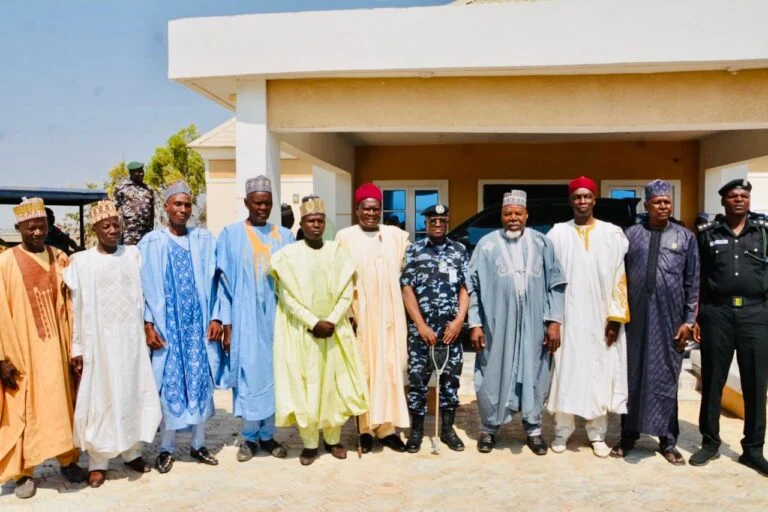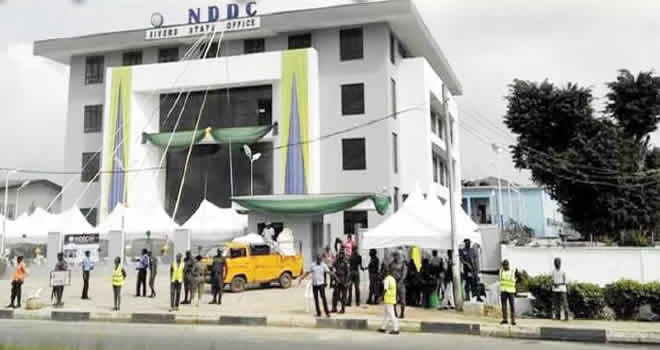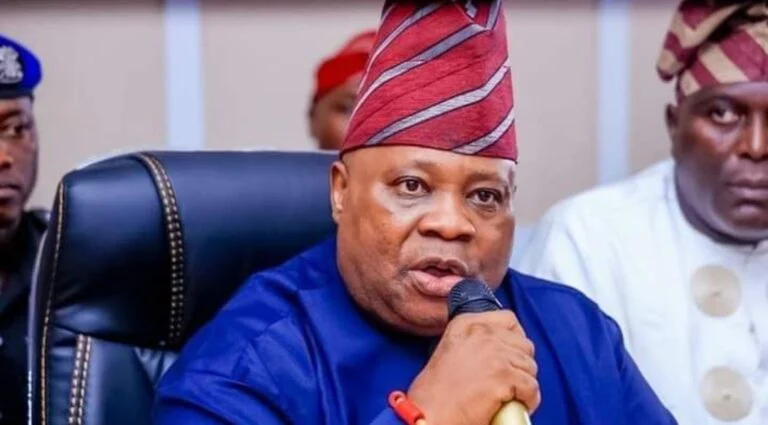Presidency Refutes Hunger Narrative, Warns Media to Be Factual,.Balanced

The Presidency has issued a comprehensive rejoinder to a recent editorial by Daily Trust, which depicted Nigeria as a nation beset by hunger and hardship, denouncing the publication for what it termed an “overstated and unbalanced” portrayal.
In a counterstatement by Special Adviser on Media and Public Communications, Sunday Dare, the Presidency underscored the Tinubu administration’s advocacy for constructive media critique, but insisted it must be “grounded in facts, not distortions or selective pessimism.”
He described the Daily Trust’s editorial as misrepresenting governmental policies and noted that the newspaper had previously issued apologies for similar inaccuracies.
Dare acknowledged the economic challenges confronting some Nigerians but emphasized the importance of distinguishing between legitimate concerns and alarmist generalizations.
“The irony is that what is often criticized today are, indeed, the policies that will ensure Nigerians enjoy a more secure, stable, and prosperous future,” he remarked.
Concerning the hunger projections cited by Daily Trust, the Presidency clarified that the referenced UNICEF figure was actually derived from the Cadre Harmonisé Food and Nutrition Insecurity Analysis—a worst-case projection for mid-2025, assuming no interventions. “Since 2020, disruptions from COVID-19, the Russia-Ukraine conflict, and now the Middle East situation have exacerbated global food systems,” Dare elucidated.
He highlighted government measures, including the release of over 42,000 metric tonnes of grains from reserves and emergency nutrition support in several states to avert this scenario.
Regarding Nigeria’s currency, the statement refuted claims of a “worthless naira,” noting a recovery from ₦1,800 to ₦1,525 per US dollar, attributed to improved oil receipts, remittances, and investor confidence. “The naira has not collapsed—it has been corrected and is now recuperating,” Dare asserted.
The Presidency also welcomed proposals to alleviate taxes on food, drugs, and small businesses, affirming ongoing efforts for tax reforms commencing January 2026, aimed at simplifying and reducing tax burdens.
On social protection, Dare countered assertions that school feeding programs have “fizzled out,” citing that nearly 10 million children are nourished under the National Home-Grown School Feeding Programme, which also supports over 200,000 cooks and local farmers. Moreover, over three million vulnerable households have received cash transfers, and the Presidential MSME Grant Scheme has bolstered 250,000 enterprises in 2025.
Dare recognized global food price inflation driven by the FAO Food Price Index, noting Nigeria’s response with a State of Emergency on Food Security, substantial investments in dry-season farming, and the inauguration of the National Commodity Board to regulate price volatility.
He underscored cooperative endeavors between federal and state governments in food distribution, nutrition interventions, and market stabilization, emphasizing the fight against hunger as a collective national endeavor transcending regional or religious divides.
Concluding the response, the Presidency framed the current economic measures as arduous but essential reforms intended to stabilize the economy and mitigate poverty. Dare highlighted President Tinubu’s new Renewed Hope Ward Development Programme, targeting all 8,809 wards in Nigeria to advance poverty alleviation, food security, infrastructure, and job creation as part of the broader $1 trillion economy ambition by 2030.
“The administration does not request silence in the face of hardship. It seeks only fairness and a shared commitment to reconstructing this country, rather than merely exaggerating its woes,” Dare stated.









